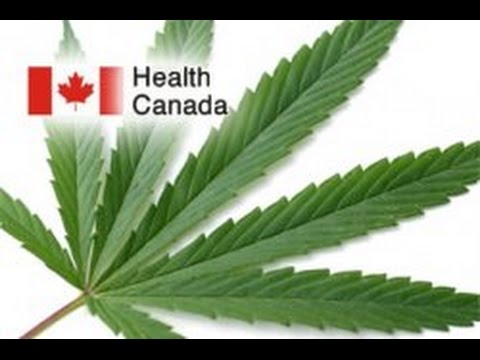 https://cannabisexaminers.com/wp-content/uploads/2019/01/2966/health-canada-cannabis-regulations-announcement.jpg
https://cannabisexaminers.com/wp-content/uploads/2019/01/2966/health-canada-cannabis-regulations-announcement.jpg
Current Health Canada Cannabis Regulations announcement made on Aug 24, 2016.
Source: CLN Cannabis Life Network
https://cannabislifenetwork.com/
Understanding Health Canada’s New Access to Cannabis for Medical Purposes Regulations
http://healthycanadians.gc.ca/publications/drugs-products-medicaments-produits/understanding-regulations-medical-cannabis-medicales-comprehension-reglements/index-eng.php
Health Canada’s Production of Cannabis For Your Own Medical Purposes
http://healthycanadians.gc.ca/drugs-products-medicaments-produits/buying-using-achat-utilisation/cannabis-medical/access-acces/personal-production-personnelle/index-eng.php
Legal access to dried marijuana for medical purposes was first provided in 1999 using unique section 56 exemptions under the Controlled Drugs and Substances Act (CDSA). The decision in R. v. Parker in 2000 held that individuals with a medical need had the right to possess marijuana for medical purposes. This led to the implementation of the Marihuana Medical Access Regulations (MMAR) in 2001. The MMAR enabled individuals with the authorization of their health care practitioner to access dried marijuana for medical purposes by producing their own marijuana plants, designating someone to produce for them or purchasing Health Canada supply.
Over time, court decisions resulted in a number of changes to the MMAR. In June 2013, the Government of Canada implemented the Marihuana for Medical Purposes Regulations (MMPR). The MMPR created conditions for a commercial industry responsible for the production and distribution of marijuana for medical purposes. Under the MMPR, individuals with a medical need could access quality-controlled dried marijuana produced under secure and sanitary conditions.
In June 2015, the Supreme Court of Canada, in R. v. Smith, decided that restricting legal access to only dried marijuana was unconstitutional. The Court decided that individuals with a medical need have the right to use and make other cannabis products. To eliminate uncertainty around a legal source of supply of cannabis, the Minister of Health issued section 56 class exemptions under the CDSA in July 2015, to allow, among other things, licensed producers to produce and sell cannabis oil and fresh marijuana buds and leaves in addition to dried marijuana, and to allow authorized users to possess and alter different forms of cannabis.
The ACMPR is Canada’s response to the Federal Court of Canada’s February 2016 decision in Allard v. Canada. This decision found that requiring individuals to get their marijuana only from licensed producers violated liberty and security rights protected by section 7 of the Canadian Charter of Rights and Freedoms. The Court found that individuals who require marijuana for medical purposes did not have “reasonable access”.

